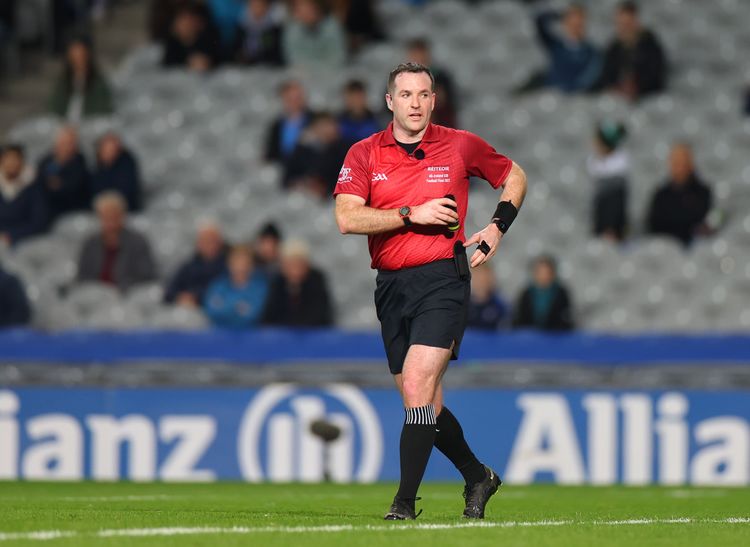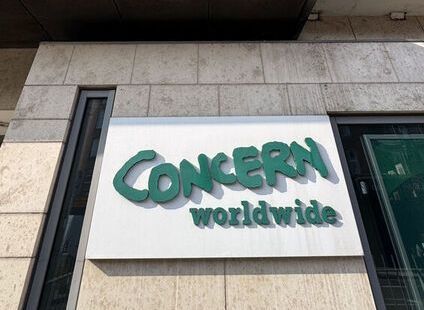There's been a huge about face on Capitol Hill.
The chairman of the Friends of Ireland caucus, Congressman Peter King (R-NY), is now leading the fight to restore funding for the International Fund for Ireland. King is circulating a letter to members of the House Appropriations Committee requesting $17 million for the IFI in the 2012 Budget.
The letter states, "Now is the time for the United States to stand in solidarity and continue supporting Northern Ireland. The IFI is the primary funding mechanism working to build peace on a grassroots level and prevent a return to the violence of the past."
The letter also notes an up-tick in violence in Northern Ireland, and specifically cites the April murder of rookie police officer Ronan Kerr by republican dissidents in Belfast as a rationale for the reinstatement of funding for the IFI.
The Republican leadership specifically targeted eliminated funding for the IFI during the battle over the Continuing Resolution in February, and the 2011 U.S. contribution to the fund was reduced to zero. Congressman King declined to take any action at that time to try and rally support for it. The head of the IFI, Denis Rooney, told the Echo in March of this year that without the U.S. monetary contribution, the fund could not survive.
Members of the House have until the end of this week to submit to the House Appropriation Committee any specific funding requests or "earmarks" for consideration in the 2012 Budget. Reinstatement of the IFI will be difficult. The House Republican leaders and members of the Tea Party caucus are staunch critics of such requests. Co-sponsoring King's request are House members Joseph Crowley(D-NY), Richard Neal (D-MA), Tim Murphy(R-PA), Eliot Engel (D-NY), and several others.
As recently as 18 months ago the Irish government conceded that there was no longer a necessity for the U.S. to contribute money to the fund, established in 1986 to encourage cross community partnership in the Northern Ireland and the border counties of the Republic. British, Irish and fund officials have lately reversed that stance saying an increase in violence and a the downturn in the economy necessitated asking the U.S. to continue to contribute to the fund.









